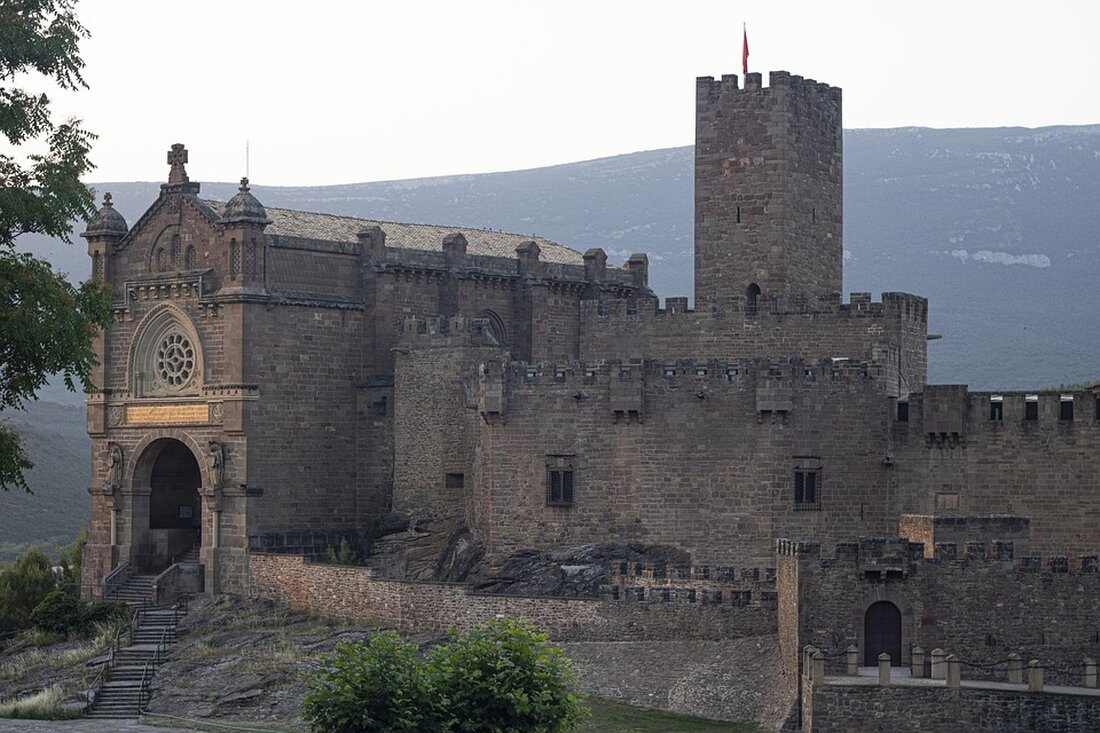The God Madness: Javier Cercas reveals Pope Francis' secrets!
Javier Cercas describes the challenges and opportunities of the church in the 21st century in his new book about Pope Francis.

The God Madness: Javier Cercas reveals Pope Francis' secrets!
In a remarkable release, Spanish writer Javier Cercas has released his new book entitled“The Madman of God at the End of the World”presented. This work, published in 2025, was published to coincide with the death of Pope Francis. Cercas, a self-described atheist and anticleric, offers in this book a blunt and impartial perspective on the Catholic Church and its leader.
The book consists of 488 pages in which Cercas describes his experiences during a trip with the Pope to a small Catholic community in Mongolia. His approach to Francis and the Church is carried out with curiosity, without hiding his critical attitude. Cercas illuminates both the positive and negative aspects of the pontificate, creating a non-idealized profile of Francis that also includes his flaws and challenges.
The personal dimension
A central aspect of Cercas’ book is his personal connection to the subject matter. The fact that his mother is Catholic and suffers from Alzheimer's adds a deeper emotional dimension to his reflections. The discussion about eternal life, a topic that deeply moves the author, is particularly impressive.
Cercas also addresses the church's demographic decline and wonders whether the church could experience renewal if all Christians demonstrated the determination of the missionaries in Mongolia. Catholics often ask whether the author was converted, indicating his critical engagement with the faith.
Francis: A man in battle
How katholisch.de reports, Cercas describes Pope Francis as a man who is aware of his weaknesses and fights intensely against them. Despite his position as a “man of power,” he has not managed to implement all of his visionary ideas because he believes that the church is not yet ready for these changes.
Cercas emphasizes that in his native Argentina the Pope was confronted with a contradictory and ambitious nature that at times took on authoritarian traits. He uses the image of Emperor Constantine to illustrate the historical connection between Catholicism and politics, which he finds harmful.
Considering Francis' successor, Cercas notes that he does not expect a "counter-revolution" after the pope's death. He emphasizes that Francis has appointed many cardinals who could significantly influence the future direction of the church. These observations are particularly relevant in the current debate about the future challenges of the Catholic Church.
Overall, Javier Cercas' book is a multifaceted examination of one of today's most influential religious leaders, enriched by personal experiences and deep reflections on the state of the church.

 Suche
Suche
 Mein Konto
Mein Konto